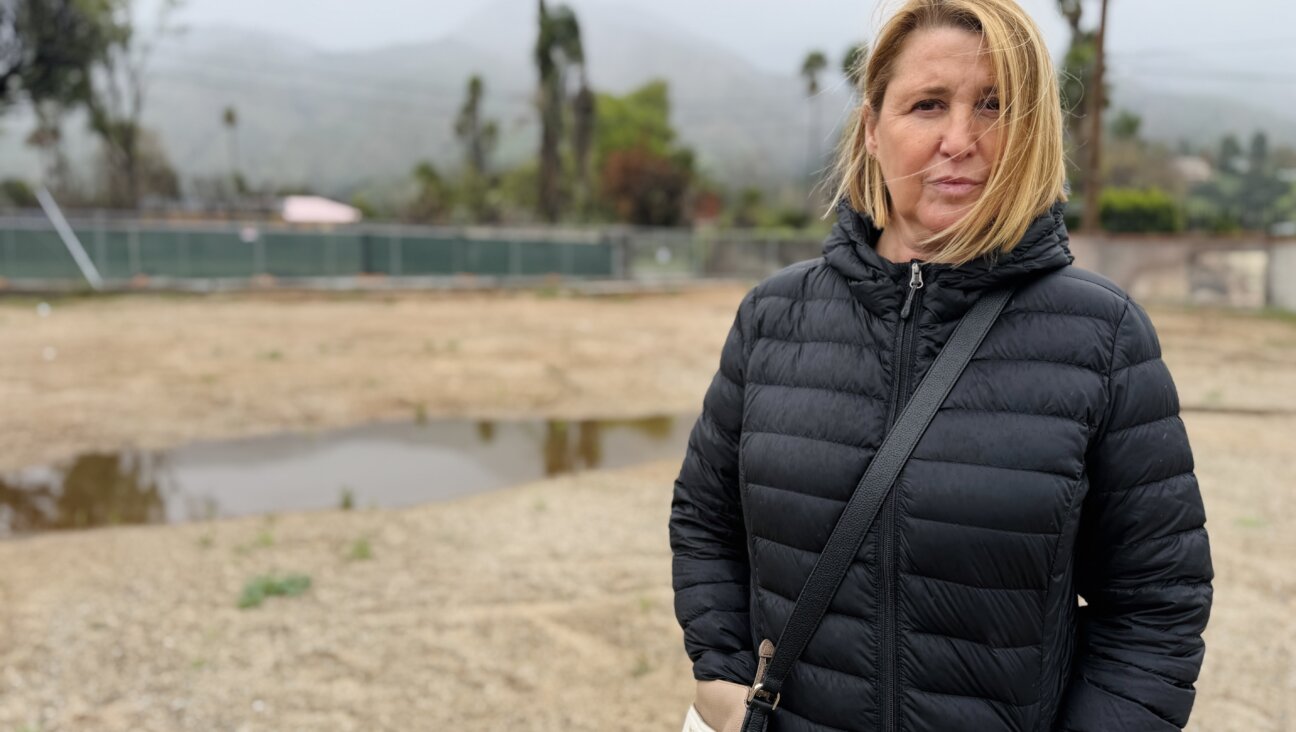News Analysis: Israel Watching Closely as Obama Addresses the Mideast
President Obama’s advisers have said time and again that the major speech he is to deliver Thursday will not be about Israel, but about the Middle East.
Jewish groups must wait until Friday, when Obama meets with Israeli Prime Minister Benjamin Netanyahu, and Sunday, when the president addresses the American Israel Public Affairs Committee, for the president’s message for Israel, the advisers said.
But for Israel and its supporters in the United States, there will be much to consider in Obama’s speech on Thursday: Namely, are the United States and Israel on the same page in dealing with the turmoil roiling the Middle East?
There already have been signs of a recalibrated carrot-and-stick approach in Washington.
News of the carrots came tumbling out during a briefing senior Obama administration officials had Wednesday afternoon with reporters. Tunisia and Egypt would be singled out in Thursday’s speech for development assistance toward establishing democracies. The officials described $2 billion going to Egypt in the form of assistance, canceled debt and loan guarantees, accompanied by relief from European and international agencies.
It was not immediately clear if the U.S. money was in place of or in addition to the roughly $2 billion Egypt has received in military assistance since it signed the Camp David accords. Pro-Israel lawmakers in Congress have made clear that they want that assistance contingent on assurances from Egypt that it will continue to abide by its peace treaty with Israel and remain pro-American.
The administration officials who talked to reporters on Wednesday declined to preview what “sticks” Obama might use against Middle East regimes that are continuing to crack down on protesters. But that information emerged in a separate order Obama released Wednesday that essentially placed the entire Syrian government under sanctions. The order cited “Syria’s continuing escalation of violence against the people of Syria – including through attacks on protestors, arrests and harassment of protestors and political activists, and repression of democratic change, overseen and executed by numerous elements of the Syrian government.”
Israeli and U.S. officials have said there has been a sea change in attitudes toward Syria since its brutal crackdown launched several weeks ago against democracy protesters, and since it helped facilitate a breach earlier this week of its border with Israel on the Golan Heights.
While both U.S. and Israeli governments have reviled the Bashar Assad regime in the past, Assad’s rule was seen as preferable to the chaos that might ensue if it were overthrown. Now, however, insiders say the Israeli and U.S. governments are shifting gears and will not stand in the way of regime change in Damascus.
When Netanyahu meets Obama on Friday, he will also be looking for signs that the administration is making a priority of isolating Iran and its nuclear program. Confronting Iran was a priority of the West until protests started sweeping the Middle East in January, overshadowing the problem of Iran. A number of lawmakers in Congress want to return the issue to the forefront and have introduced bills that would considerably tighten sanctions on Iran.















